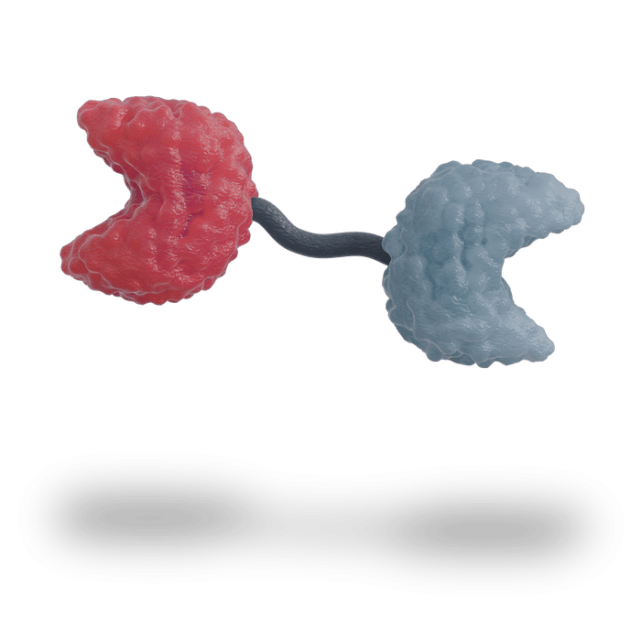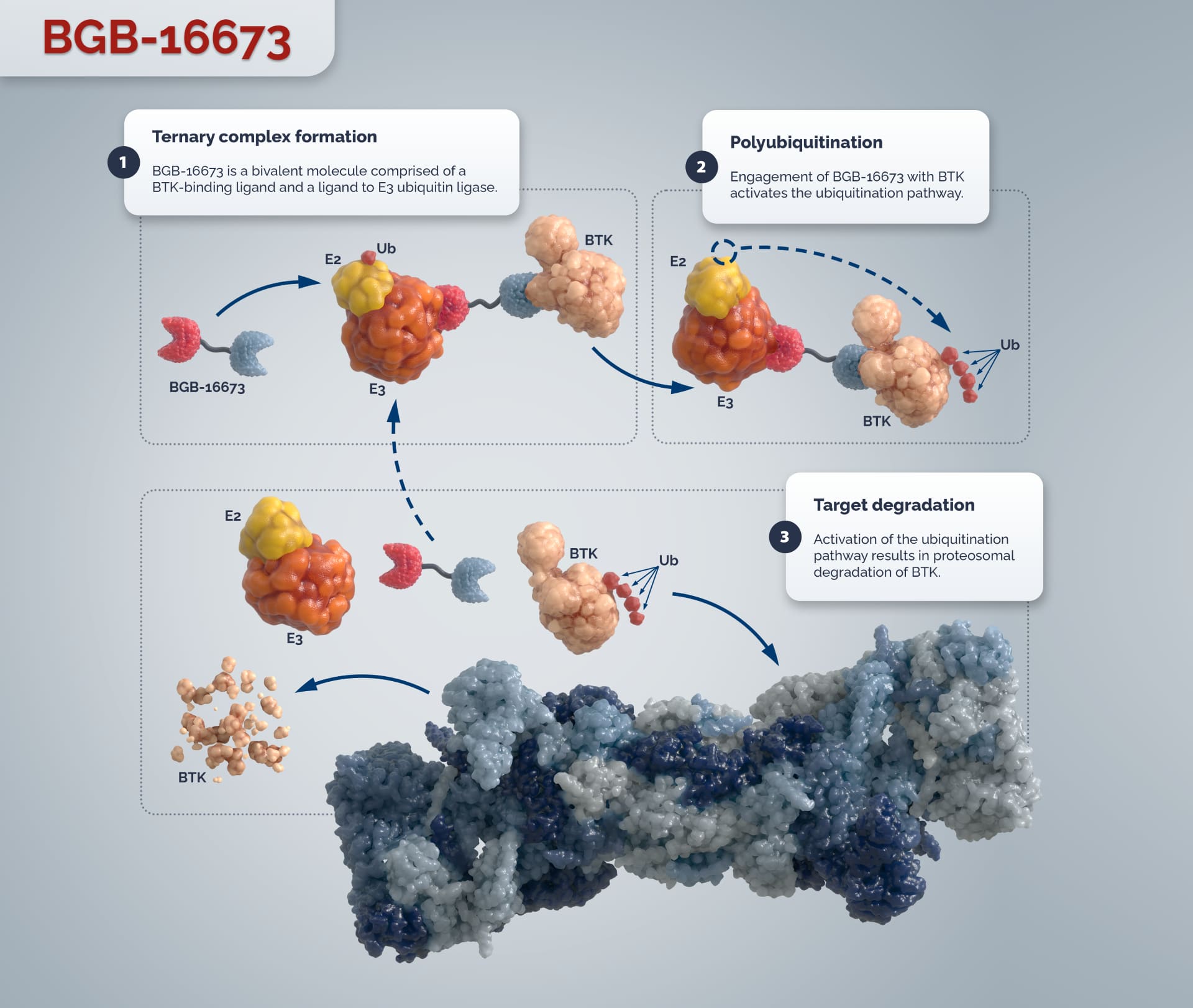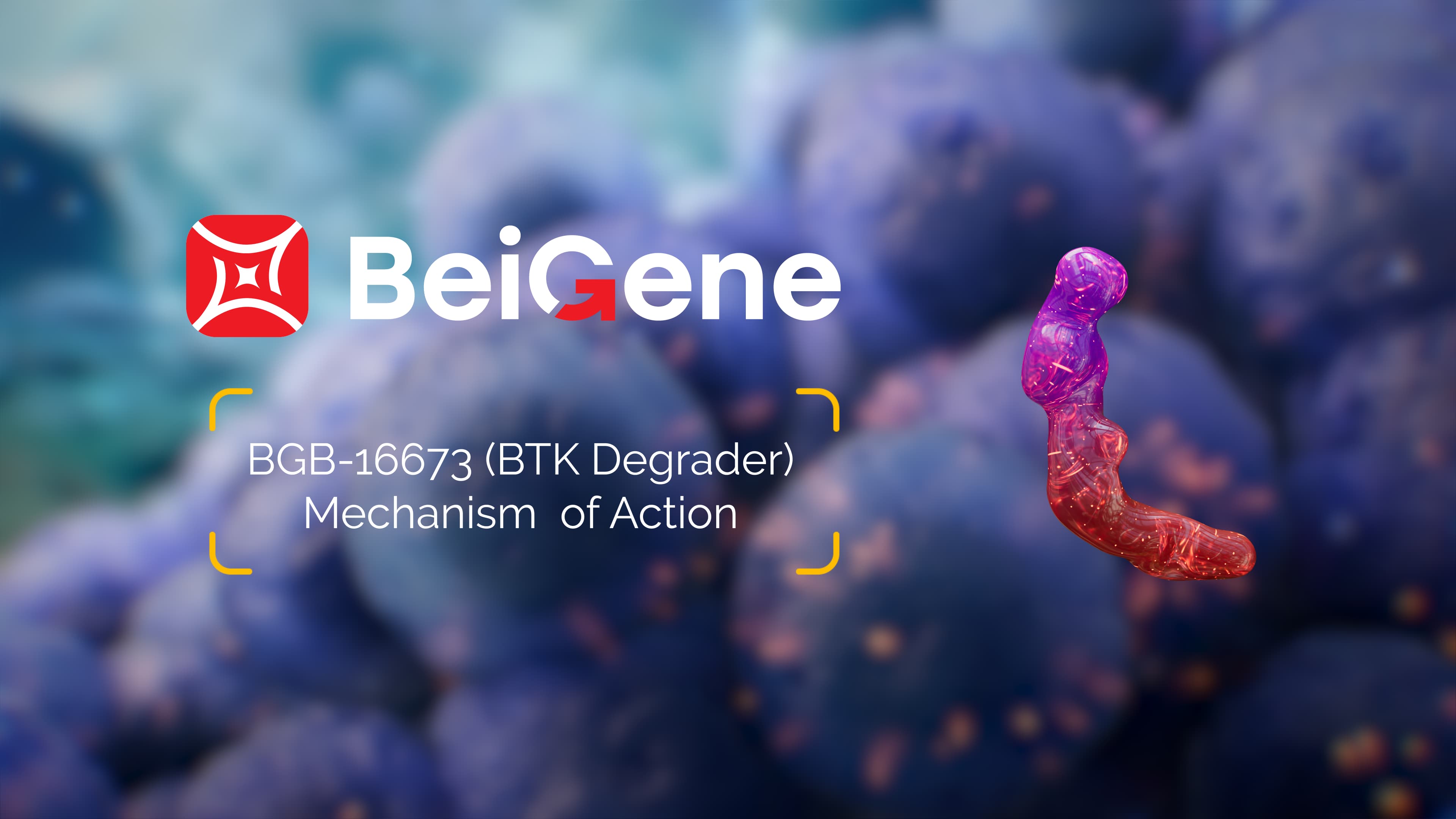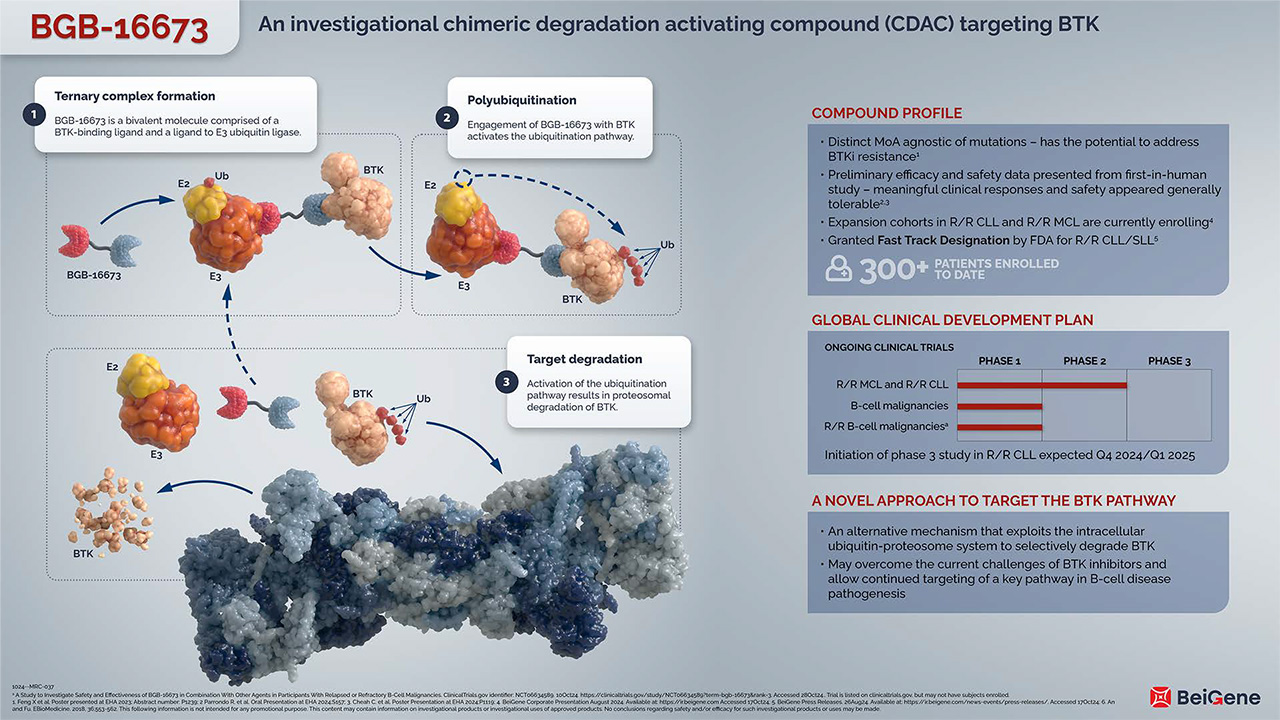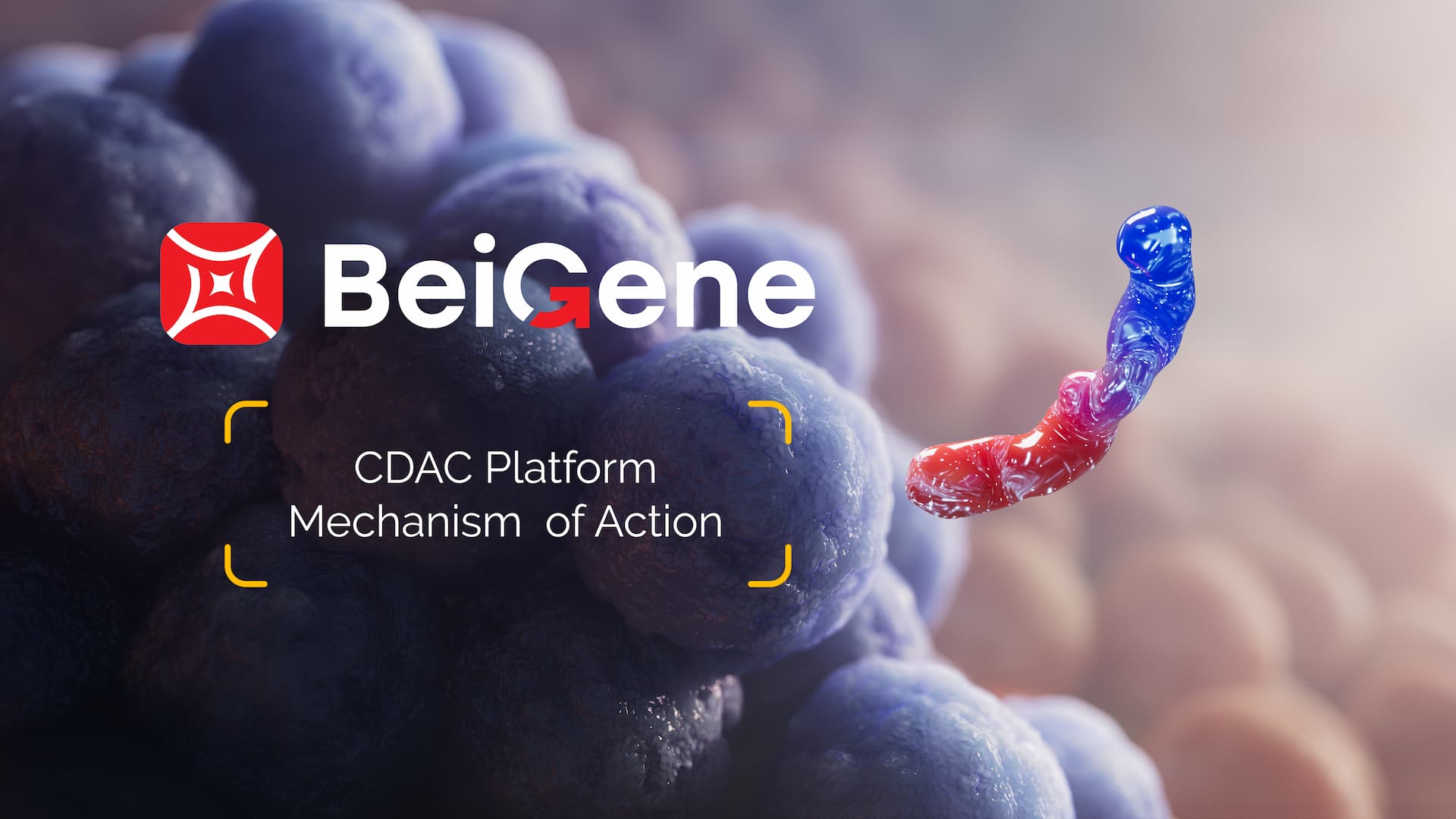
Welcome to BeiMedPlus
BeiGene’s Medical Affairs website for healthcare professionals.
BeiMedPlus is intended for health care professionals in the United States for the purpose of scientific exchange. This site contains educational resources and information relating to BeiGene medicines, therapeutic areas of interest, congress materials, and publications. This site may include information on products or indications under investigation that are currently not approved in the United States. BeiGene does not recommend the use of its products other than as described in the approved prescribing information. This site does not contain medical advice and does not replace independent medical judgment.
Please visit beigene.com for more information.




